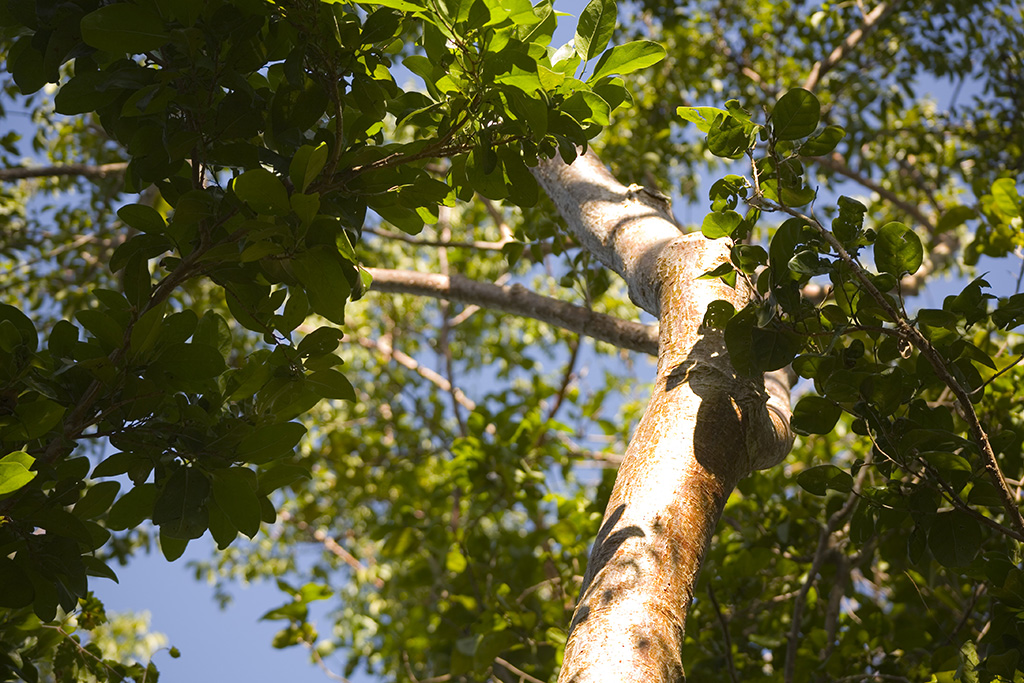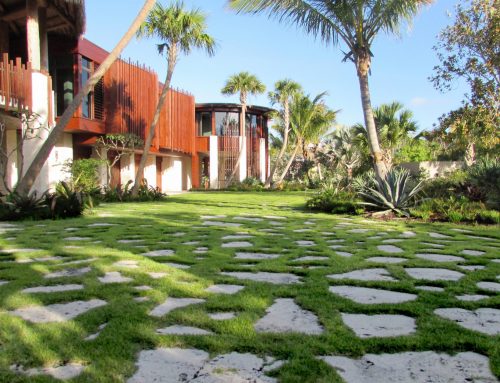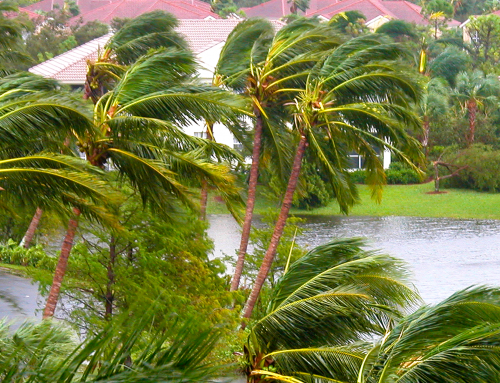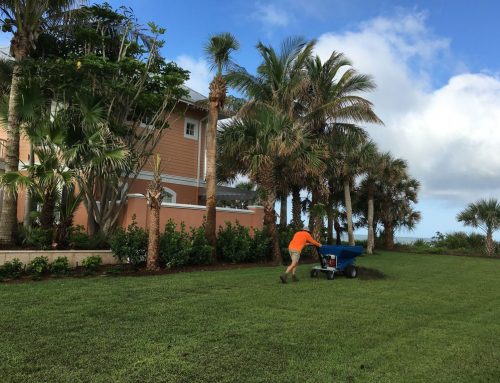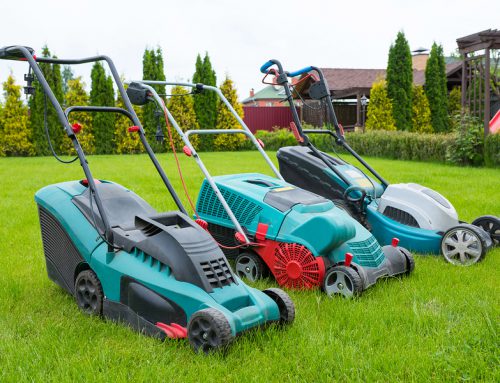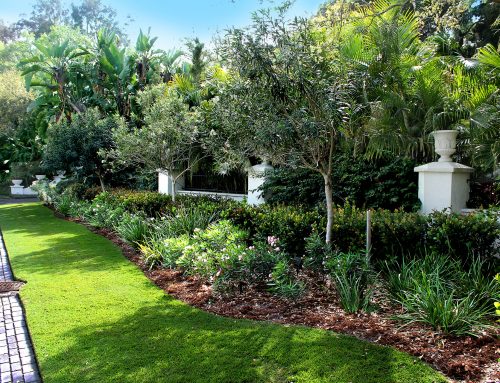Yes, Hurricane Irma was an inconvenience and so will future storms. Therefore it is imperative that we learn to preserve our urban tree canopy. Research over the years has confirmed the significant value and benefits that mature urban trees offer to our neighborhoods. Many of our neighborhoods have smaller trees that were decimated by Irma’s strong winds. It is these trees that are going to become our mature tree canopy of tomorrow.
With more attention being drawn to global warming, it is becoming known that treeless urban neighborhoods are negatively effecting our environment and global warming. We urge the community to help save those trees that may have been adversely impacted by Hurricane Irma.
If, for some reason, you are unable to save a particular shade tree and would like to replace your shade tree, please consider the following recommendations:
- Replace with slow-growing trees, which stand a better chance against hurricanes
- Replace with native trees, especially those with a wide-spreading canopy, low center of gravity, strong deep penetrating roots, and a small leaf size, as they will hold up better against tropical weather — even more so if they are growing in a cluster.
- Replace with Southern Magnolias, which fared extremely well during Hurricane Irma. We saw very little damage to recently planted Southern Magnolias, as their large leaves can withstand high wind speeds.
- Finally, it is important to consider planting your trees in groves or clusters, while keeping in mind that a significant amount of our community trees are native trees that have evolved to withstand coastal storms and flooding.
Please find a list of “not so common” shade tree replacements for your landscape:
- Sand Oak
- Pigeon Plum
- Ironwood
- Fiddlewood
- Gumbo Limbo
- Spicewood
- Myrsine
- Marbleberry
- Green Buttonwood
- Pond Apple
- Wild Cinnamon
- Sweet Mahogany

